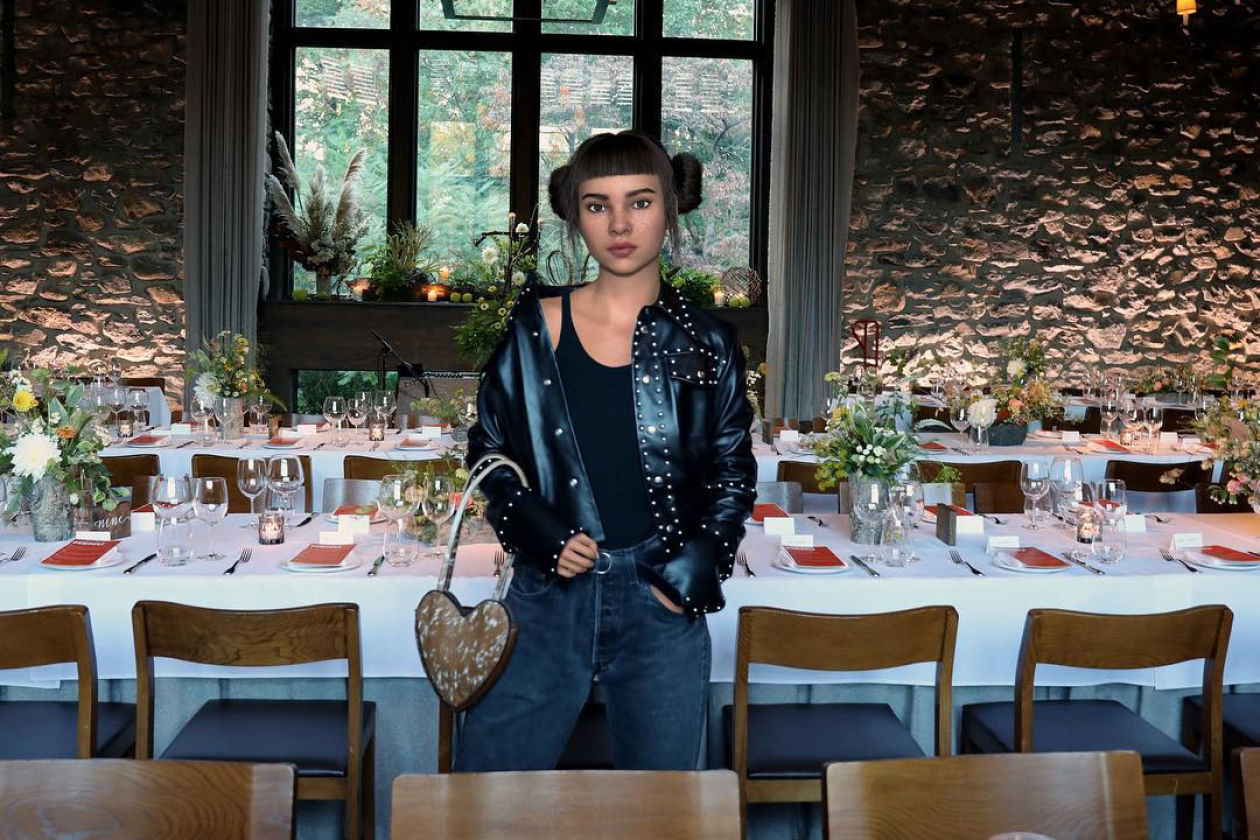
The Wall Street Journal recently reported on the rise of Lil Miquela, a major fashion icon and influencer who can be seen eating at high-end restaurants, buying top clothing brands, and singing from her newly released singles. With all her comings and goings, it is hard to believe she’s not even real.
Lil Miquela is completely fabricated and investors are lining up to create more CGI celebrities.
As far as the Journal is concerned, we’ve reached the era of the making of computer-generated influencers (and the Journal is a pretty big influencer itself).
An outward-facing, branded CGI lawyer, owned and operated by a firm would never leave.
Can law firms take advantage? It may seem far-fetched, and a pure whim as far as Big Law goes, but why not? This is almost low-bar, now considering some high-level research projects going on at major universities and tech start-ups to upload brains, replicate consciousness, and create human-like faces for AI.
A firm’s primary brand and asset is the collective reputation of its partners earned over time. All of that expertise has “legs” and places a tremendous burden on firms to rebuild if it walks. When these “experts” also control their own content (e.g., blogs, whitepapers, social media accounts and followers, etc.) all of that brand value goes out the door with them.
An outward-facing, branded CGI lawyer, owned and operated by a firm would never leave. Similar to Lil Miquela, they could interweave a personal, humanizing story and operate on multiple communication platforms.
It won’t happen tomorrow (five years ago I made a similar prediction), but it’ll happen…
